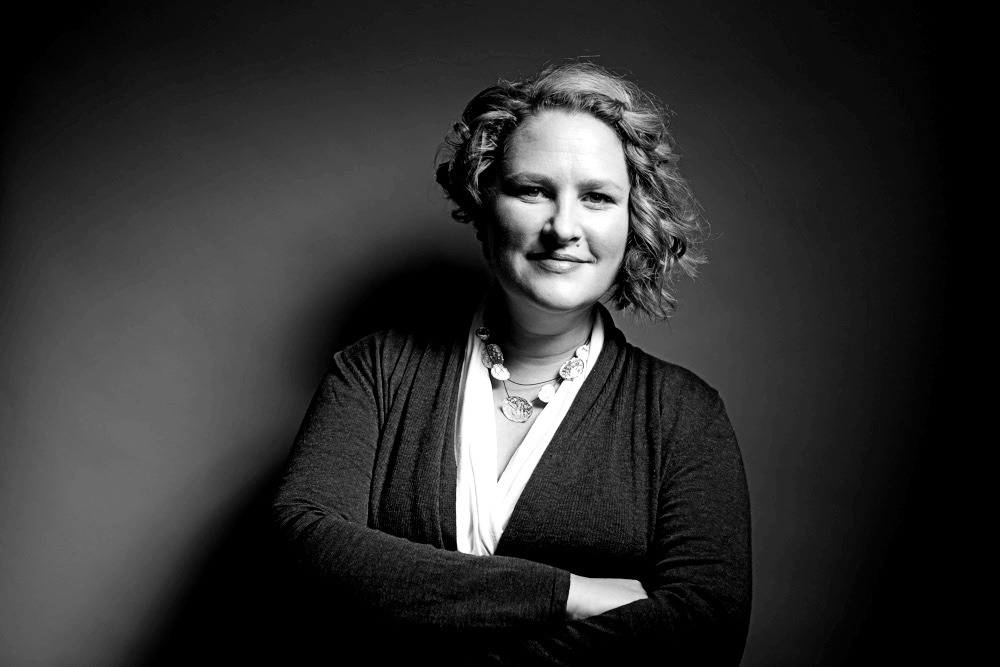Jo Evershed is the CEO and cofounder of Cauldron Science and the creator of the Gorilla Experiment Builder — providing behavioural scientists worldwide with the tools to accelerate the creation of evidence-tests interventions.
We caught up with Jo to learn more about Gorilla and get her insights as a female CEO working in STEM.
How did Cauldron Science — and the Gorilla Experiment Builder — come about?
Sometimes academic questions just grab your interest — and you don’t know why. For me that question was around mathematical education and where it was failing students; how can we get everyone to succeed in maths education and learn these skills which are so tremendously valuable to the economy, society and life.
In 2009, I decided to go back to university and study psychology and maths education — it turns out there’s an awful lot we know about mathematical cognition, but there’s a lot of scope to improve the integration of psychological research with classroom practice. In the process of trying to understand this gigantic question, I realised that we were never going to be able to answer it until we improved the experiment tools that psychologists and educational psychologists have at their disposal. I decided to tackle that second question, helping behavioural scientists with powerful and easy-to-use experimental tools that take research out of the lab and into the real world. As a result, I created a software called the Gorilla Experiment Builder.
What exactly is Gorilla?
Gorilla is a tool that helps academics, experimental psychologists, behavioural scientists easily create and host online experiments — whatever they may be. These experiments can be disguised as games, or simple stimuli and response tasks; they can have complicated branching rules, they can be adaptive.
Most importantly, as Gorilla is online, researchers can use it to collect high-quality data from hundreds of participants in a matter of hours regardless of location — accelerating the pace of scientific research.
How has it been since launching?
It’s been quite a roller coaster since we launched in 2016. We have contracts with almost 60% of UK universities, and clients around the world. The tool has very diverse applications; just last year we were used to test and improve the Irish Government’s coronavirus messaging around transmission and testing.
That’s just one example that illustrates the kind impact we can have on peoples’ lives, as well as the speed at which it works.
We’re interested in learning more about your perspective as a female CEO in STEM. How can the space be more inclusive and accessible to women?
It’s tough for ambitious women to balance career and family life. I’ve been fortunate to have had really strong female role models in the places I’ve worked. So in that respect my experience of the ‘glass ceiling’ is that exists — but there are also women that are able to find their way through it. I think they inspired me to find my own way round that particular challenge.
Running my own company was a way of ensuring I had more control and flexibility around work and kids. The very top of the field of psychology remains male-dominated. Most of our competitors are led by men supported by grants equivalent to several years of retained profits. The gender bias in funding is well documented – if you want to help get involved with Radikil’s #overbeingunderfunded campaign. Sometimes, it feels like that age-old story of having to work twice as hard to reach the same end. But there’s something in the adversity you face that inspires you to think more deeply about a challenge to make better decisions; you don’t get lucky breaks. But in the long run that enables you to succeed — but gosh it can be hard!
There are several ways that STEM can be made more inclusive and accessible to women. Fundamentally, I think there’s a branding problem around STEM. I’ve always experienced STEM subjects as the most creative subjects, you’re literally discovering knowledge! But sadly that’s not most people’s experience of it. My solutions are that I’d love to see maths and science being compulsory to 18; I suspect some women leave STEM at GCSE because it hasn’t yet got interesting enough. I’d also love to see a History and Philosophy of Science at A level which could be a reflective essay style STEM subject, which would nurture great science communication skills.
What’s your vision for the future of Gorilla?
We’re growing fast and we have big plans for the behavioural science field. We’re now focussed not only on building the tools that are going to support scientists, but also building the research communities around those tools.
Each summer I convene a conference called BeOnline (https://beonlineconference.com/) in order to nurture the community of researchers using online methods This year we have a panel about behavioural science in industry, which will show how academic research can be brought out of University ivory towers and into the real world where it can change peoples’ lives. Over time, I hope seeing how behavioural science can be applied in the real world, will shape what students study at university, and impact their ensuing careers.
I believe that in ten years’ time a whole generation of experimental psychologists will be going into industry with these applied experimental skills that they’ve honed and practiced, being able to run wide-scale experiments and make evidence-based decisions as a result.
For more info on the Gorilla Experiment Builder, you can visit their website here.
